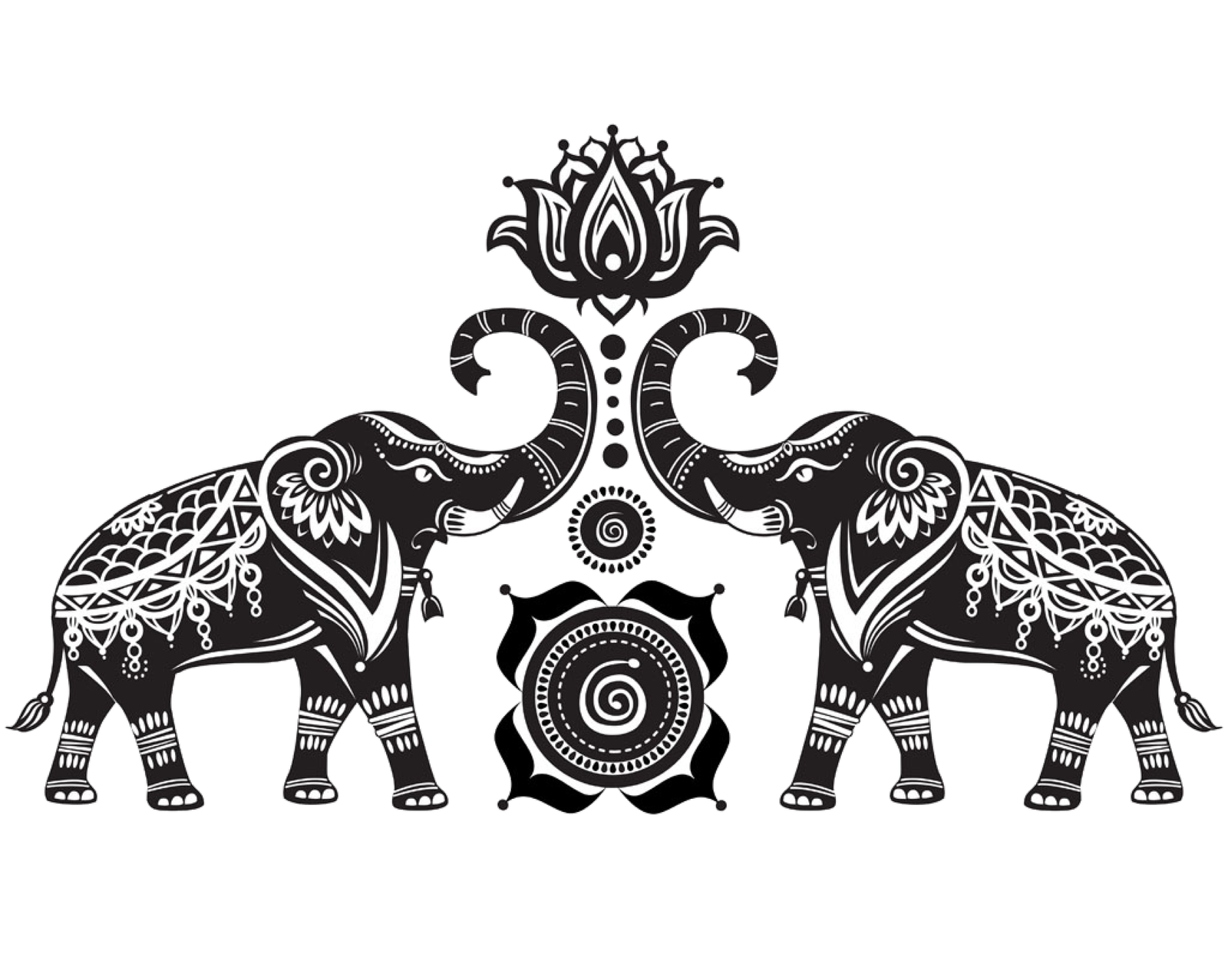Ayurvedic Longevity: The Path to a Balanced Life
Ayurveda, an ancient system of medicine that originated in India over 5,000 years ago, offers a holistic approach to health and wellness. Central to Ayurvedic philosophy is the concept of longevity, which is not merely the extension of life but the enhancement of life quality. By emphasizing balance, harmony, and the interconnectedness of body, mind, and spirit, Ayurveda provides a comprehensive framework for achieving longevity. This essay explores the principles of Ayurvedic longevity, its foundational concepts, and practical applications for modern living.
The Foundations of Ayurveda
At the heart of Ayurveda is the belief that each individual is unique, with a distinct constitution or “Prakriti” determined by the interplay of three fundamental energies, known as “doshas”: Vata, Pitta, and Kapha. These doshas represent different combinations of the five elements—earth, water, fire, air, and ether—and govern various physiological and psychological functions. Understanding one’s dosha is crucial for maintaining balance and promoting health.
Ayurveda posits that longevity is achieved through the harmonious balance of these doshas, which can be disrupted by factors such as poor diet, stress, environmental influences, and lifestyle choices. By recognizing and addressing these imbalances, individuals can cultivate a state of well-being that supports not only a longer life but also a more fulfilling one.
The Role of Diet and Nutrition
Diet is a cornerstone of Ayurvedic practice and plays a vital role in promoting longevity. Ayurveda emphasizes the consumption of whole, natural foods that are appropriate for an individual’s dosha. This personalized approach to nutrition encourages the intake of seasonal and locally sourced ingredients, which are believed to enhance vitality and support overall health.
In Ayurveda, food is viewed as medicine, and the concept of “Sattva,” “Rajas,” and “Tamas” is essential in understanding the impact of food on the mind and body. Sattvic foods, which are pure, fresh, and nourishing, promote clarity and harmony, while Rajasic and Tamasic foods can lead to agitation and lethargy, respectively. By prioritizing Sattvic foods—such as fruits, vegetables, whole grains, and legumes—individuals can foster a balanced state conducive to longevity.
Lifestyle Practices for Longevity
In addition to diet, Ayurveda advocates for a balanced lifestyle that incorporates daily routines, physical activity, and mental well-being. The practice of “Dinacharya,” or daily routine, is fundamental in Ayurveda. It includes practices such as waking up early, engaging in meditation, practicing yoga, and following a consistent sleep schedule. These habits help regulate the body’s natural rhythms, reduce stress, and promote overall health.
Physical activity is also emphasized in Ayurveda, with a focus on exercises that align with an individual’s dosha. For example, Vata types may benefit from grounding activities like yoga and walking, while Pitta types may thrive with cooling exercises such as swimming. Kapha types, on the other hand, may require more vigorous activities to stimulate energy and motivation. By tailoring physical activity to one’s constitution, individuals can enhance their vitality and support longevity.
Mental and Spiritual Well-Being
Ayurveda recognizes the profound connection between mental and physical health. Stress, anxiety, and negative emotions can disrupt the balance of doshas and contribute to various health issues. Therefore, practices that promote mental clarity and emotional stability are integral to Ayurvedic longevity.
Meditation, mindfulness, and breathing exercises (Pranayama) are essential tools in Ayurveda for cultivating mental well-being. These practices help individuals develop self-awareness, reduce stress, and foster a sense of inner peace. Additionally, engaging in activities that promote joy and fulfillment—such as spending time in nature, nurturing relationships, and pursuing creative interests—contributes to a holistic sense of well-being.
Conclusion
Ayurvedic longevity is a multifaceted approach that emphasizes the importance of balance, harmony, and self-awareness in achieving a long and fulfilling life. By understanding one’s unique constitution and making conscious choices regarding diet, lifestyle, and mental well-being, individuals can cultivate a state of health that transcends mere existence. In a world increasingly focused on quick fixes and superficial solutions, Ayurveda offers timeless wisdom that encourages a deeper connection to oneself and the environment. As we embrace these principles, we can embark on a journey toward longevity that honors the intricate interplay of body, mind, and spirit, ultimately leading to a richer, more meaningful life.
